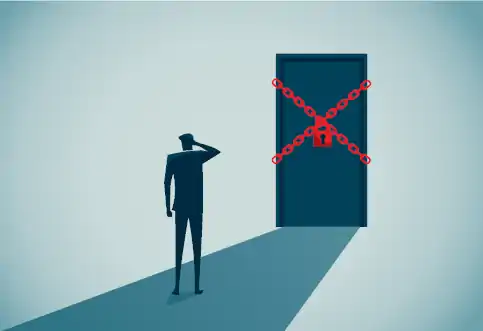What’s a CDN, I hear you ask? And why are CDNs all over the news right now?
A content delivery network is cloud based software. It's a kind of shortcut to the giant websites we all take for granted. We live in a society where the customer experience of immediate access to everything is pretty much expected, 24/7, at full speed and efficiency, and if it disappears, well, there’s all kinds of hell to pay.
CDN operators provide servers and local file hosting to many of the largest website operators in business, backing up their primary sites and servers by providing faster, more efficient local connections in various other placements across the globe.
For example, you live in London, but you love to keep up with the latest news in the New York Times. Instead of connecting to their server in the US, where it’s already managing vast numbers of Americans seeking out the latest news and gossip, you connect to an alternative server, far nearer home, that caches the important information to its local data centers. This ensures that NY Times visitors achieve the most efficient and enjoyable experience, especially where speed is essential—for example, streaming video articles and interviews. This improves the customer experience, when it works.
Are all of our Internet eggs sat in a few great big server baskets?
So far, it all sounds ideal. Super quick connections and access provided by piggybacking ‘content HQ’. But here’s the problem. Because there are a small handful of major CDNs handling almost all of the biggest providers, when they fall, everyone else does too.
And that’s what happened to a major CDN operator recently, and along with it, Amazon, eBay, StackOverflow, Reddit, PayPal, Shopify, Github, Twitch, HMRC, and almost all of the news organizations you can think of.
Now, they weren’t going to stay down forever; most engineers working for these big businesses will turn the problem around as fast as they can, but for the retailers involved, it can never be quick enough.
From the minute your website is offline, you’re losing income from your customer flow.
The Guardian reported a few figures supplied by SEO agency Reboot, estimating that Amazon could likely have lost around $32m in sales during a recent CDN provider dropout. Their research suggests that the retail giant takes well over $6k/second, and being offline for almost an hour will soon add up to significant losses.
That’s a $32m ouch!
At another CDN provider that also went down one month later, they wrote on their blog "Many of the approximately 500 customers using this service were automatically rerouted, which restored operations within a few minutes…the large majority of the remaining customers manually rerouted shortly thereafter."
However, it took between 30 minutes and a couple of hours for the big banks' services to be fully restored to normal customer flow.
Let’s get back to those ‘glued together door locks’
So, the CDN provider went down, and everyone’s virtual door locks got glued together. The message ‘Error 503 service unavailable’ flashed up in front of millions of users eyes leaving them confused and disorientated. After continuously hitting their refresh buttons until they’d worn out the skin on their thumbs or the glass on their phone screens, they likely gave up and ventured elsewhere. This is solved with our queue management system, and we monitor data related to the queue and how busy your site is. These real time metrics, historical data and service reports gain insights for your business intelligence too.
Safeguarding against server and any such outages
Imagine if you could tell your customers that some prankster had glued all of your door locks together instead of watching them drift past (or about that bug in the CDN operator's code that controls your server delivery) and that everything would be back on track within the hour?
Even better, that you’d save their place in the queue for them; how many do you think would still go and shop somewhere else?
That’s what a Queue-Fair virtual waiting room does for you.
Such outages shouldn’t happen—even the CDN operator concerned said they were disappointed and surprised that the bug hadn’t been picked up earlier, that such an error could slip through their net, and that it caused so many issues for their customers. They issued the appropriate apologies and went back to business as usual.
Sadly, such errors will happen from time to time, and next time could have implications far worse than those of the recent CDN fallouts.
That isn’t what any of us in business wants to hear. We want protection.





























